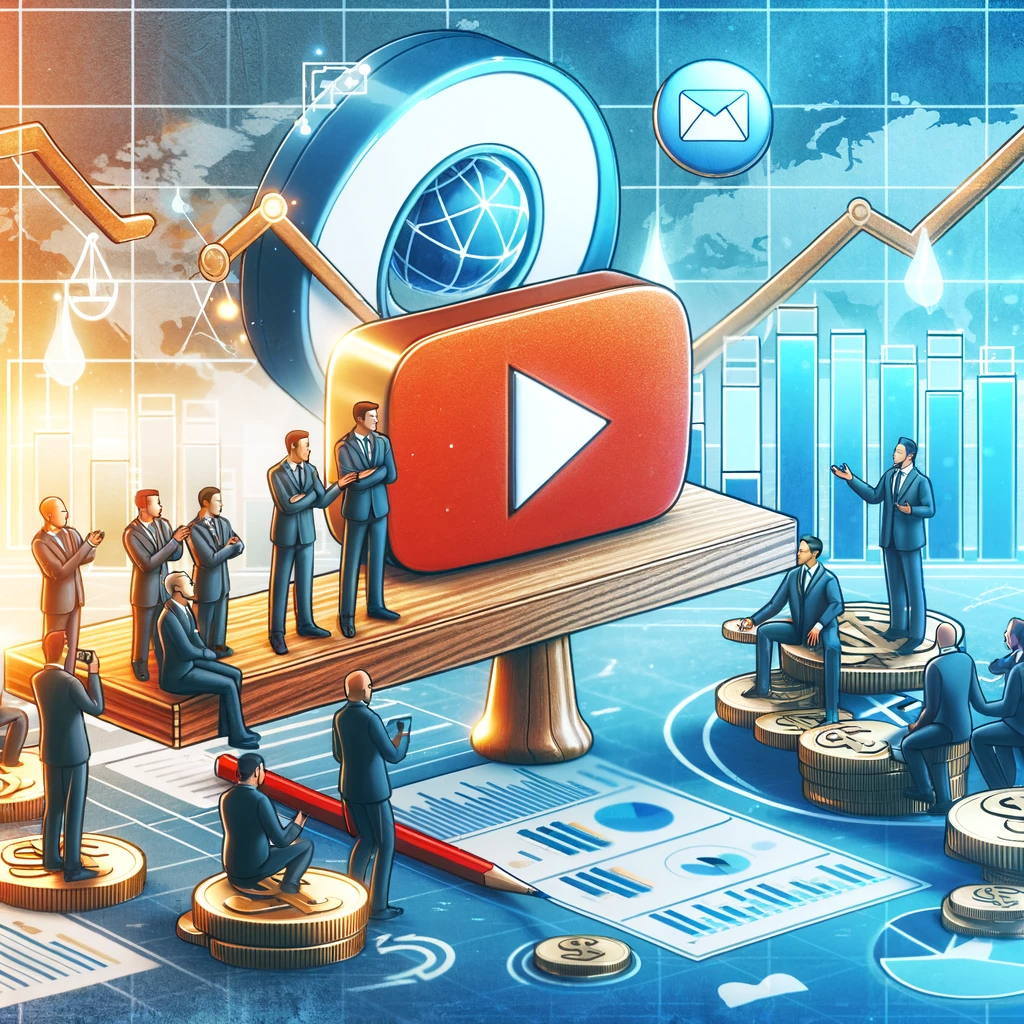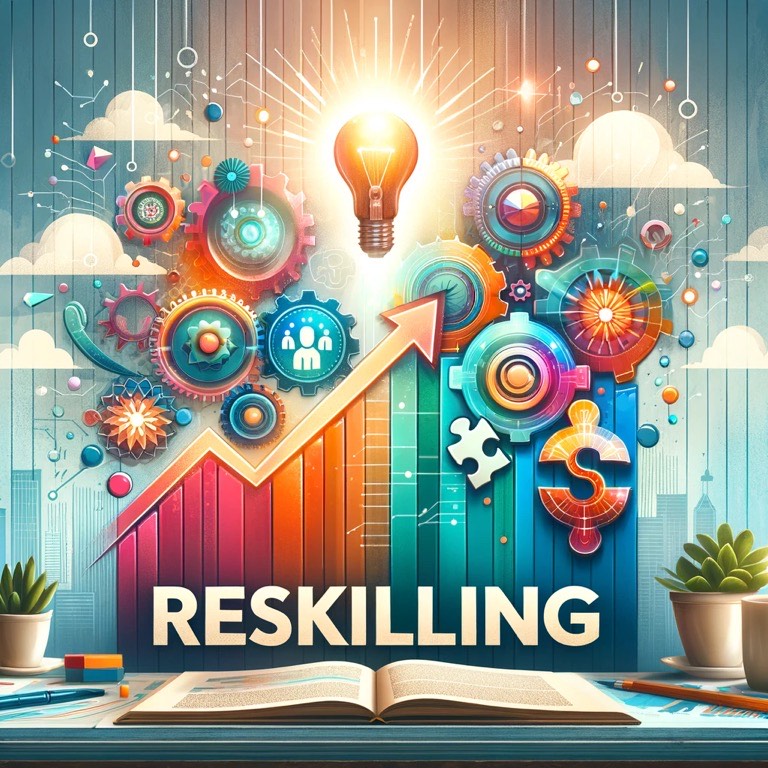近年、ビジネス界においては、企業が心血を注いで築き上げた事業のノウハウをYouTubeなどのプラットフォームで無償で公開する動きが見られます。一見、競合による模倣のリスクを高めるように見えるこの行動ですが、実際にはその背後にはさまざまな戦略的考慮が存在します。
まず、ノウハウの公開は、企業のブランド価値や信頼性を高める機会となり得ます。価値ある情報を提供することで、新規顧客の獲得や業界内でのリーダーシップの確立につながる可能性があります。
また、無償での情報提供は間接的なマーケティング戦略として機能します。公開された情報を通じて、消費者が企業や製品に関心を持ち、長期的には有料のサービスや製品へと導かれる可能性があります。
この戦略は、業界全体のイノベーションの促進や基準の向上にも貢献します。公開されたノウハウを基に、業界全体で新たなアイデアが生まれることで、全体的なビジネスチャンスの拡大が期待できます。
さらに、広範囲なフィードバックを受けることで、事業やサービスの改善につながります。多様な意見や視点を取り入れることで、製品やサービスの質を高めることが可能です。
しかし、この戦略には競合による模倣や知的財産の保護の問題も含まれます。企業は、どの程度の情報を公開し、どのように管理するかを、戦略的かつ慎重に決定する必要があります。公開する情報の選択と管理方法は、企業の戦略や目指す市場の状況によって異なります。
このように、ノウハウの無償公開はリスクとメリットの両面を持つ戦略であり、ビジネスにおけるその採用は、綿密な計画と戦略的思考を要します。
“The Risks and Benefits of Sharing Business Know-How for Free”
In recent years, a trend has emerged in the business world where companies freely share the know-how they’ve painstakingly developed over time on platforms like YouTube. At first glance, this action may seem to increase the risk of imitation by competitors. However, there are several strategic considerations behind this approach.
Firstly, sharing know-how can be an opportunity to enhance a company’s brand value and credibility. Providing valuable information can lead to new customer acquisition and establish leadership within the industry.
Moreover, providing information for free can function as an indirect marketing strategy. It can pique consumer interest in a company or its products, potentially leading to paid services or products in the long term.
This strategy also contributes to fostering innovation throughout the industry and raising standards. Sharing know-how can spark new ideas industry-wide, leading to an expansion of overall business opportunities.
In addition, making know-how publicly available allows for extensive feedback, which can be used to improve business operations and services. Incorporating a variety of opinions and perspectives can enhance the quality of products or services.
However, this strategy also involves risks related to imitation by competitors and the protection of intellectual property. Companies need to make strategic and careful decisions about how much information to share and how to manage it. The choice and management of information to be shared will vary depending on the company’s strategy and the market situation.
Thus, sharing business know-how for free is a strategy with both risks and benefits. Its adoption in business requires meticulous planning and strategic thinking.








